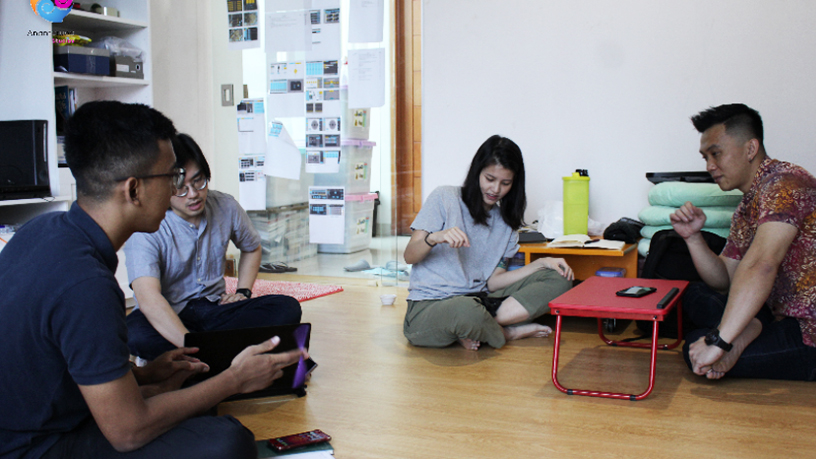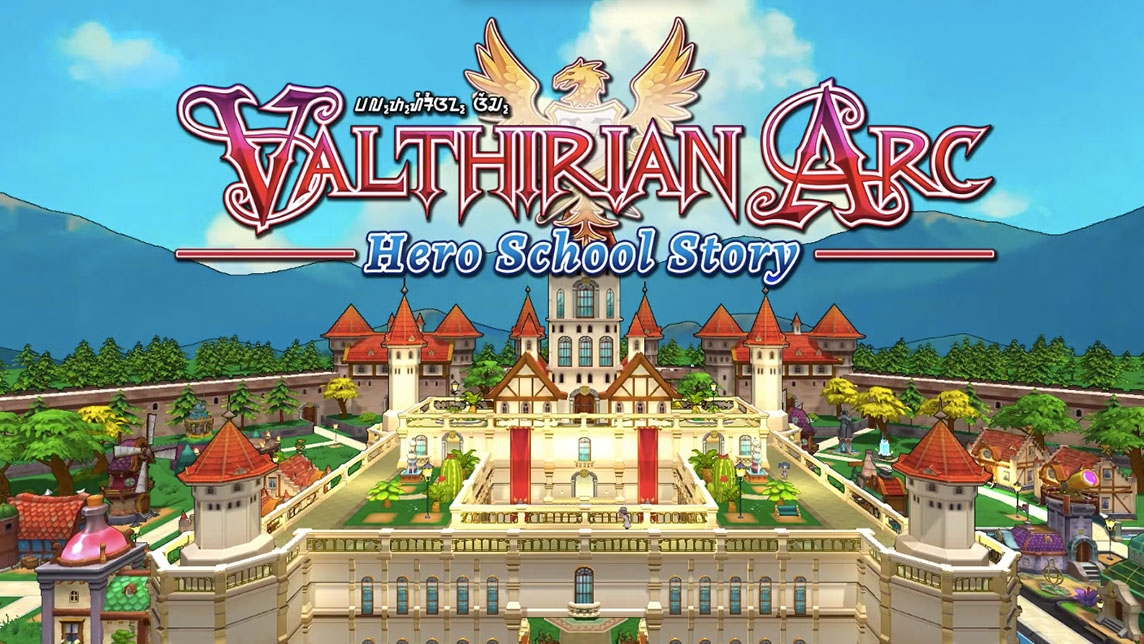At the peak of its popularity in 2018, the Chinese game, Mobile Legends, had 50m active users a month from Indonesia alone, out of its 70m users. It's a success that the developer, Shanghai Moonton Technology, acknowledged by adding to the game a character called Gatotkaca, created based on an Indonesian folklore hero.
MOBA, or Multiplayer Online Battle Arena, gaming is part of a huge mobile gaming market valued at US$68.5bn this year, but only one Indonesian digital content developer, Anantarupa Studios, is in the business. In January 2020, Anantarupa will be releasing the world's first-ever Indonesian MOBA game, Lokapala: Saga of Six Realms. The company hopes the game will be a big hit and join the eSports stable currently dominated by foreign developers.
“eSports is rising [in Indonesia] but there are not many IP games that are feasible for eSports competitions here. The demand for this content is high, so we decided to step up by developing the MOBA Game,” Anantarupa's CEO and co-founder Ivan Chen said.
Since it was established in 2011, the studio, which has a team of 30 including the founders, has been at the forefront of augmented and virtual reality (AR/VR) development in Indonesia for many big local brands in a variety of projects, from mini-games for F&B promotions to VR training simulation for the Indonesian army. Clients include Samsung, Telkom Speedy, Pocari Sweat, Majapahit VR museum, Sharp, Gudang Garam and the Asian Games.
Meaningful stories
In 2020, Anantarupa's co-founders want to refocus on gaming as a medium for delivering purposeful tales. “Our CEO worked in the movie industry for seven years before he founded Anantarupa,” said Ilham Aryaduta, an account executive at the company, when explaining the studio's roots in using games to deliver stories. “After eight long years in B2B, we decided to get back to the original vision that put us in this business in the first place.”
With Lokapala, the studio will reignite its passion for storytelling. While inspired by Indonesia's rich and diverse mythology and folklore, the game also retains a heavy element of fantasy that MOBA games are known for. Anantarupa developed the game's music and sound effects in collaboration with composer Elwin Hendrijanto and production house Inharmonic, as well as partnered with Garuda Indonesia airlines that led to the creation of a game character called Gia.
“The concept that we have developed for Lokapala is the summary of what we have been studying and mapping in regards to Southeast Asian culture and mythology, especially Indonesia’s. It is always interesting to look through our culture which consists of 300 ethnic groups,” Chen said, adding that Anantarupa's goal is to also showcase lesser-known parts of classic Indonesian lore and legends.
The word “anantarupa” was derived from The Hero With a Thousand Faces, a book by the influential American literature professor Joseph Campbell. In Sanskrit, the word means “a thousand faces.” According to Aryaduta, the name was chosen to remind the studio its passion "to deliver meaningful stories.”
Chen also noted that games in Japan, South Korea and China are not only regarded as a form of digital economic power, but also as a “soft power of cultural diplomacy.”
“We are using this game to introduce heroic values to younger audiences and we hope that it will inspire them,” he said.
Challenging market
Though it is still a month away from launch, pre-registration for Lokapala has begun. According to the company, it already has more than 50,000 registrations.
Kama Aditrya from the Indonesian gaming portal GridGames thinks that Anantarupa is smart to be the first local developer to create a MOBA game as Indonesians have loved the genre ever since the release of DotA (Defense of the Ancients) in 2003, but warns that it's a matter of time before Indonesians' love for MOBA games starts waning.
“Right now [MOBA games] are at saturation point in Indonesia,” said Aditrya. Any new entry into the genre needs to bring new ideas – and Lokapala may do just that – he added.
Andrian Pauline Husen, Chairman of the committee of the Indonesian eSports Federation and CEO of the multi-award winning eSports team, RRQ, said that Lokapala must ensure that all of its technical elements are in place to deal with lag issues, cheats and product updates.
“They must also run well in low-specification gadgets to capture MOBA economically in a discriminative market and engage in constant offline and online promotional strategies, which is costly," he added.
Raising pre-A, targets IP market
Anantarupa is confident that Lokapala will withstand the challenges. The MOBA game will add to the studio's branding, letting people know that Anantarupa is one of the country's most viable AR/VR studios, the company said.
“We developed our AR platform in 2011 and VR in 2014. From our experience in the B2B and service-based industries, we have gained a wealth of knowledge in designing and developing AR/VR products," said COO and co-founder Diana Paskarina.
Above all, for the studio, the numbers speak for themselves. “This year, Indonesia had 60m players and by next year, according to the data that we gathered, the number of player will reach 100m. That’s almost one-third of the whole population,” said CEO Chen.
Though Anantarupa doesn't have any specific marketing plans to sell their products overseas, the company hopes that Lokapala will find its way to players outside Indonesia.
Asked about how well the company has been doing financially, Chen declined to comment except to say that they have “a solid business plan.”
The studio had remained bootstrapped since its formation, but for the development of Lokapala, Anantarupa received an undisclosed amount of seed investment. The company is still raising a pre-Series A investment, but declined to provide details.
According to Chen, Anantarupa will not only be developing many more games and AR/VR services, but also IP products.
“We have been making custom apps for our clients and that has helped us to be self-sustained for the last eight years of our business,” he said. “However, our goal is not just to sustain the business, but we want to also create our own products. That's why we are developing Lokapala. Our future business plan is to become an IP game developer and create many IP products.”












